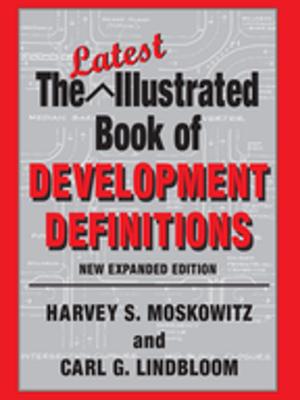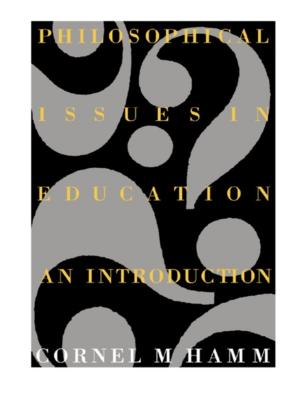Love: Bondage or Liberation?
A Psycholological Exploration of the Meaning, Values and Dangers of Falling in Love
Nonfiction, Health & Well Being, Psychology, Mental Health| Author: | Deirdre Johnson | ISBN: | 9780429915956 |
| Publisher: | Taylor and Francis | Publication: | March 26, 2018 |
| Imprint: | Routledge | Language: | English |
| Author: | Deirdre Johnson |
| ISBN: | 9780429915956 |
| Publisher: | Taylor and Francis |
| Publication: | March 26, 2018 |
| Imprint: | Routledge |
| Language: | English |
Much has been written about the function of falling in love in the course of therapy itself. This book has a much broader aim. The author, a Jungian analyst and psychotherapy trainer, uses her teaching and clinical experience to illuminate the whole range of this near universal human experience. How, and why, does falling in love affect us so profoundly? How can it enhance who we are, or must it ultimately fade without lasting value? The author argues that the many valuable studies by psychoanalysts, relational psychologists, anthropologists, neuroscientists, and philosophers have all made valuable contributions, and uses these to highlight and explore the many values and dangers inherent in passionate love. However, she claims that a more holistic approach is required to show how these various accounts can be seen as complementary rather than competing, and can be accommodated within an overarching view of the integration of the human being in its heights and depths.
Much has been written about the function of falling in love in the course of therapy itself. This book has a much broader aim. The author, a Jungian analyst and psychotherapy trainer, uses her teaching and clinical experience to illuminate the whole range of this near universal human experience. How, and why, does falling in love affect us so profoundly? How can it enhance who we are, or must it ultimately fade without lasting value? The author argues that the many valuable studies by psychoanalysts, relational psychologists, anthropologists, neuroscientists, and philosophers have all made valuable contributions, and uses these to highlight and explore the many values and dangers inherent in passionate love. However, she claims that a more holistic approach is required to show how these various accounts can be seen as complementary rather than competing, and can be accommodated within an overarching view of the integration of the human being in its heights and depths.















